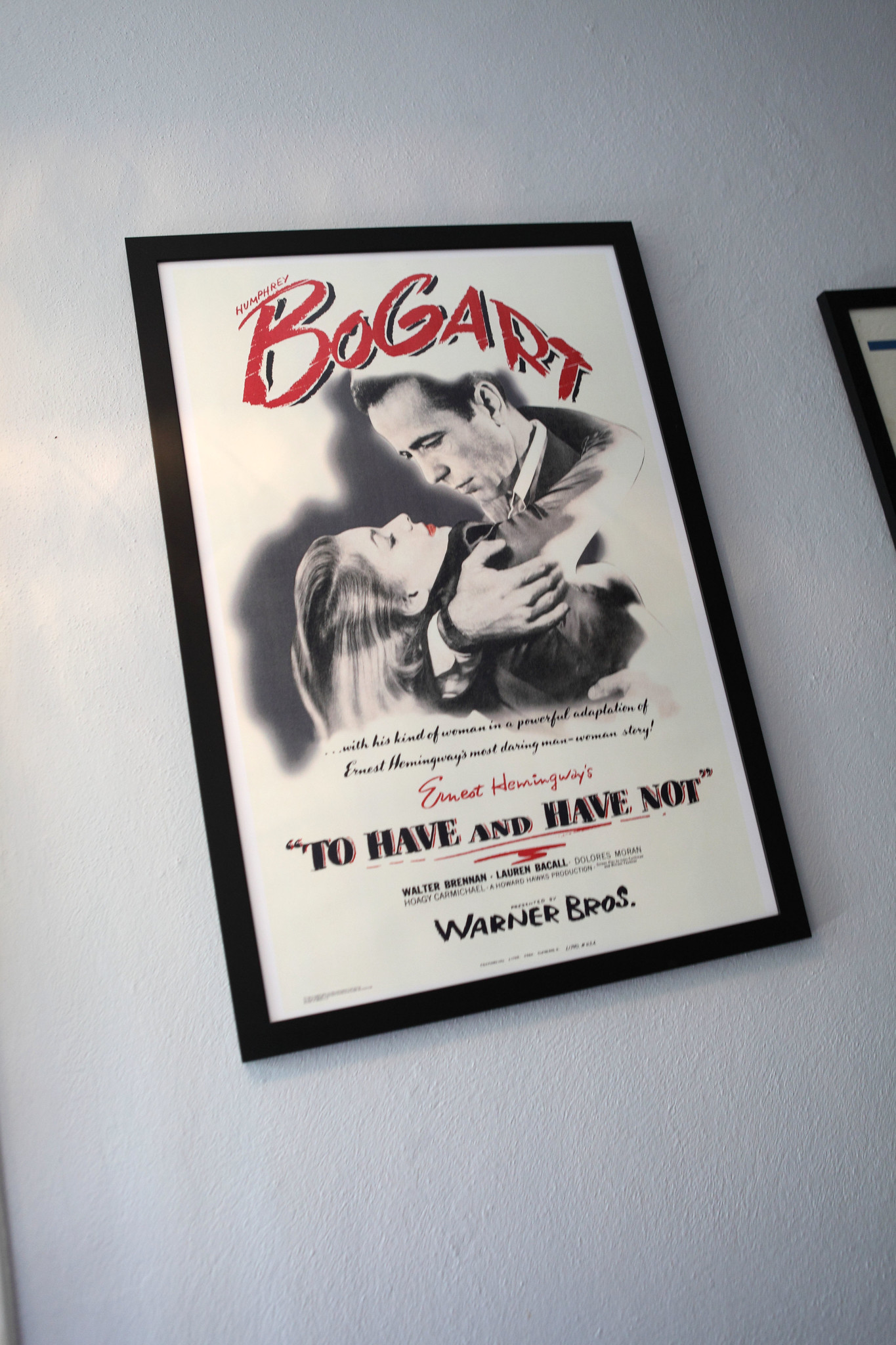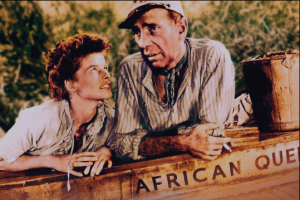As S notices the lone woman staring at him from across the tavern, he wonders if her expression is that of r ecognition. Captivated by her familiarity, S decides to join her. When he asks “Might I ask if you’re waiting for someone?,” she responds with, “It depends on what you mean.” And when he asks if she is expecting anyone on this particular evening, she answers, “I thought you might,” suggesting that she has in fact been waiting for him. As the two converse in small-talk, she remarks, “Perhaps you’re the sort of person who often has to leave places quickly.”
ecognition. Captivated by her familiarity, S decides to join her. When he asks “Might I ask if you’re waiting for someone?,” she responds with, “It depends on what you mean.” And when he asks if she is expecting anyone on this particular evening, she answers, “I thought you might,” suggesting that she has in fact been waiting for him. As the two converse in small-talk, she remarks, “Perhaps you’re the sort of person who often has to leave places quickly.”
Jen and Eric’s Comments
“No one ever describes Straka as being funny but I think he is,” Jen points out when she notices an ironic section on this page:
“You’re awfully wet.”
“I know,” he says. It appears to be my most salient characteristic.”
“Surely there’s more to you than that. You must be someone when you’re dry.”
Whether or not this woman knows about S’s amnesia, it is clear that Straka ironically remarks that S is not actually aware of who he is when he is dry because he is incognizant of his identity.

Jen and Eric also converse about themselves, and they discover that they both have a love for old films. Jen envisions Katharine Hepburn playing the role of the woman in the tavern, and divulges that she attended a Bogart Festival recently. Eric rea
cts with, “I was there for To Have and Have Not,” This seemingly casual and inconspicuous conversation is striking because Katharine Hepburn and Humphrey Bogart were real actors who starred in the movie, “The African Queen” in 1951, and To Have and Have Not was a real novel written by Ernest Hemingway and a film produced by Howard Hawks. In a novel filled with fictitious authors, deaths and students writing in margins, references to legitimate subjects is rare and potentially significant.

